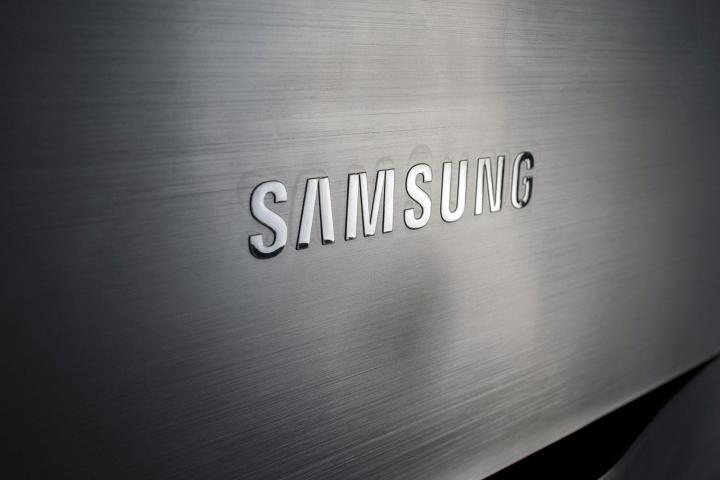
In August, shortly after the Note 7’s worldwide debut, reports begin emerging of Note 7 units catching fire — including one that caught fire on a Southwest Airlines flight and another that burned a 13-year-old girl in Minnesota. Those incidents and others prompted airlines, public transit authorities, and businesses to issue bans on the Galaxy Note 7 and Samsung to issue a global recall of the smartphone. It pinned the problem on faulty batteries and promised to refurnish faulty Note 7 phones with “safe” replacements — replacements which, too, began spontaneously exploding. In October, Samsung halted production and stopped sales of the Note 7.
The Note 7 debacle impacted more than the company’s bottom line. According to Strategy Analytics, Samsung suffered a steep decline in market share, shipping just 75 million smartphones in the third quarter — or 10 percent less than the 83.8 million it managed to ship in the same quarter last year.
Samsung’s co-chief executive J.K. Shin apologized for the Note 7 controversy at the company’s shareholders’ meeting in Seoul. He pledged the company would “work hard” to regain investors’ trust, in part by instituting “significant” changes in its quality assurance processes. The company said it would also expand its investigations into recent catastrophic Note 7 failures “beyond batteries,” though admitted it had not yet determined a cause.
It could have been worse. Samsung’s earnings were buoyed by its semiconductor business, which generated $2.9 billion on strong demand for mobile processors and premium home appliances. Increased shipments of smartphone OLED screens and large-sized LCD TV panels drove its display panel division to profits to $892 million. Samsung said it expects earnings from both businesses to improve further in the fourth quarter.
Over the long term, the company expects mobile device sales to rebound. It is projecting growth in demand for smartphone and tablets in the fourth quarter strong enough to drive profits close to the levels seen in the same period last year, or around $1.9 billion. That is despite Samsung’s warning to investors earlier this year — it estimates a $3.5 billion profit shortfall between the fourth quarter of 2016 and the first quarter of 2017.
The company is taking steps to rebuild consumer confidence. It is setting up exchange booths in airports around the world to help Note 7 owners transfer their data to an exchange device — a crucial move in the United States, where the Federal Aviation Administration has declared bringing the Note 7 onto a flight a federal crime. Samsung is also offering discounts on the company’s future flagship smartphones — widely rumored to be the Note 8 and Galaxy S8 — for customers who replace their Note 7 with another Samsung phone.


